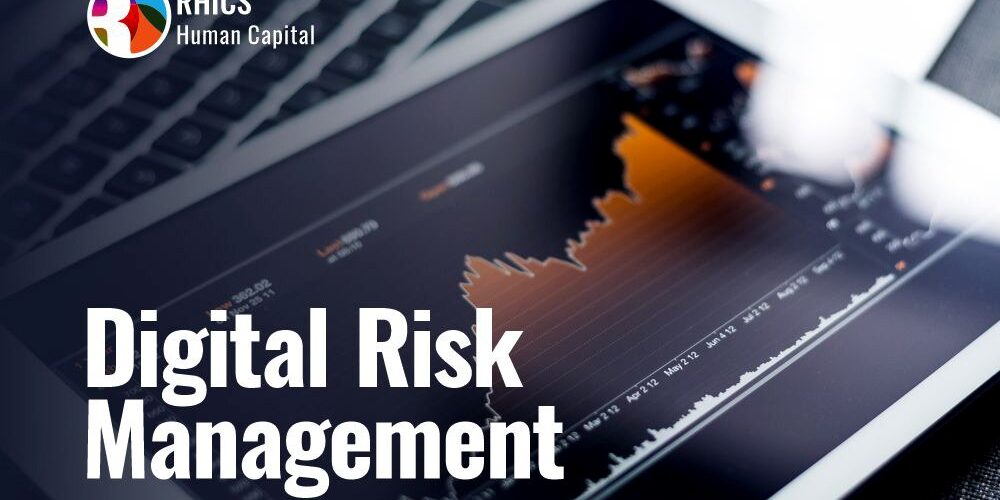
Introduction
The internet, once hailed as the ultimate invention for communication and borderless business transactions is increasingly becoming a hotbed for bad players as digital platforms become entwined in every part of our daily lives.
With over 5 billion people connected and interacting online daily, the world is now heavily reliant on technology as more devices are connected online, more businesses now rely on technology like never before to deliver their services to consumers in a post-pandemic era.
In today’s data-driven, highly distributed world, companies use digital tools to undertake the very basic of business tasks, to advertise and sell, find new markets, customers, and staff, communicate with customers and suppliers, process financial transactions, amongst others.
It is clear that the Internet brings huge business opportunities and benefits.
This over-reliance on technology means that digital platforms accumulate a lot of sensitive data about us, our transactions, customers, payments, intellectual property amongst others.
There is a great need to manage the risks associated with the collection, analysis, processing, and safe storage of these data and digital platforms in general.
This course provides a clear understanding of the risks associated with utilizing digital platforms to senior managers, board members, C-Suite executives, and other decision-makers. It also provides frameworks on how to successfully manage digital risks.
Target Audience:
Credit Unions, banks & financial services, companies in the private sector, entrepreneurs, business owners, SMEs, non-IT professionals, universities, charities, government agencies, and public sector organisations are all encouraged to attend.
The course is suitable for Financial Institutions and Credit Union employees from C-Suite executives to senior managers, board of directors, managing directors, heads of departments, frontline staff, customer service teams, HR departments, compliance teams, entrepreneurs, and business leaders wanting to gain strategic insight and knowledge to create new ventures or develop risk management strategies.
The course is ideal and essential for any Credit Union that wants to safeguard its data, employees, members and other assets from cyber threats through a robust risk management regime.
Learning Outcome
Participants will gain first-rate taught and practical experiences from industry leading trainers through lectures, workshops, DIY sessions & real-time case studies.
Specifically, participants will gain knowledge on 4 key aspects:
- Understanding Emerging cybersecurity threats to digital platforms, how it affects businesses and why you should care;
- The possible impacts of cyberattacks on you, your organization, employees, and customers.
- Creating a Risk Management Regime: Preventing & Dealing with Cyberattacks
- Creating a comprehensive risk assessment and policy documentation
Return on Investment
Good cybersecurity strategies can promote customer trust, enhance the reputation of a business and open up new commercial opportunities.
Gain competitive advantage by planning ahead for all possible scenarios to ensure your business can withstand or recover from any cyber attack. Good security can be an enabler for a thriving business: you will be protecting your assets, your reputation, your customers, and your peace of mind.
The world lost $945bn to Cybercrime in 2020. Businesses can save money by adopting an efficient risk management “preventive” approach – plan, implement and review rather than a more expensive “reactive” approach in the aftermath of an attack.


